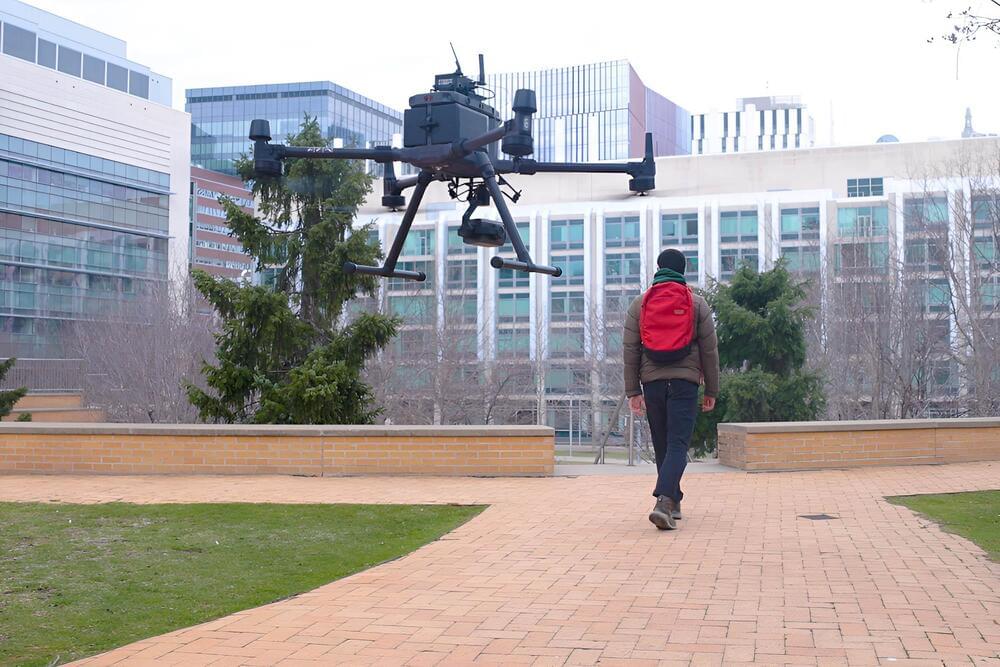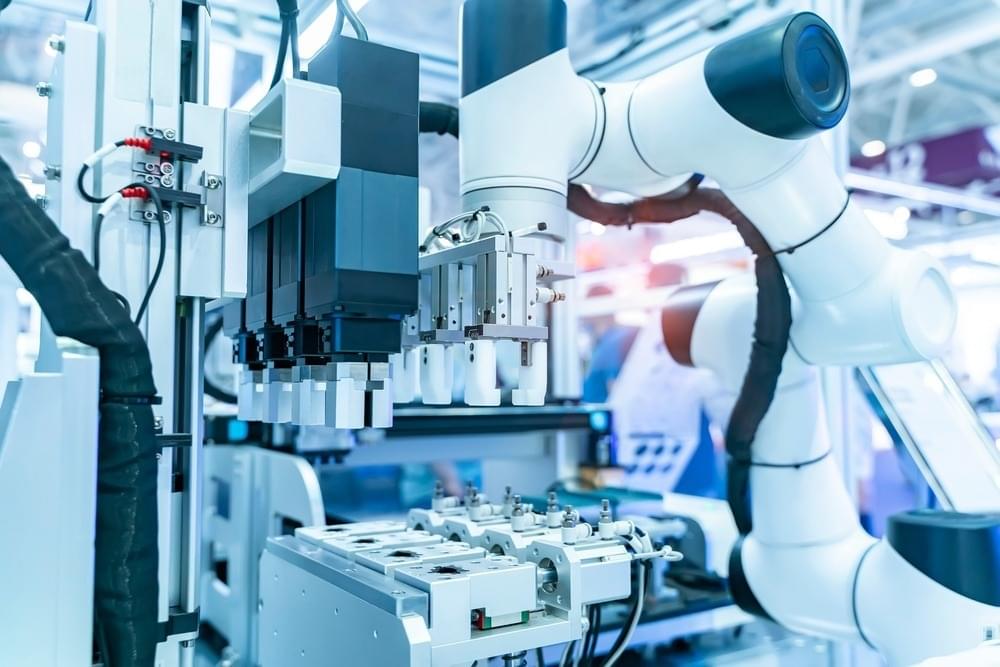May 15, 2023
French Polynesia nuke tests slightly increased cancer risk: Study
Posted by Shubham Ghosh Roy in categories: biotech/medical, military, nuclear weapons
Polynesians exposed to fallout from France’s nuclear tests in the South Pacific have a slightly increased risk of developing thyroid cancer, a study suggested on Monday that used declassified military data for the first time.
France carried out 41 atmospheric nuclear weapon tests in French Polynesia between 1966 and 1975, exposing residents to fallout which has been a source of lasting friction between Paris and residents of the Pacific archipelago.
The study, published in the journal JAMA Network Open, used risk modeling to estimate that the nuclear tests were associated with between 0.6 percent and 7.7 percent of thyroid cancers in French Polynesia.


















